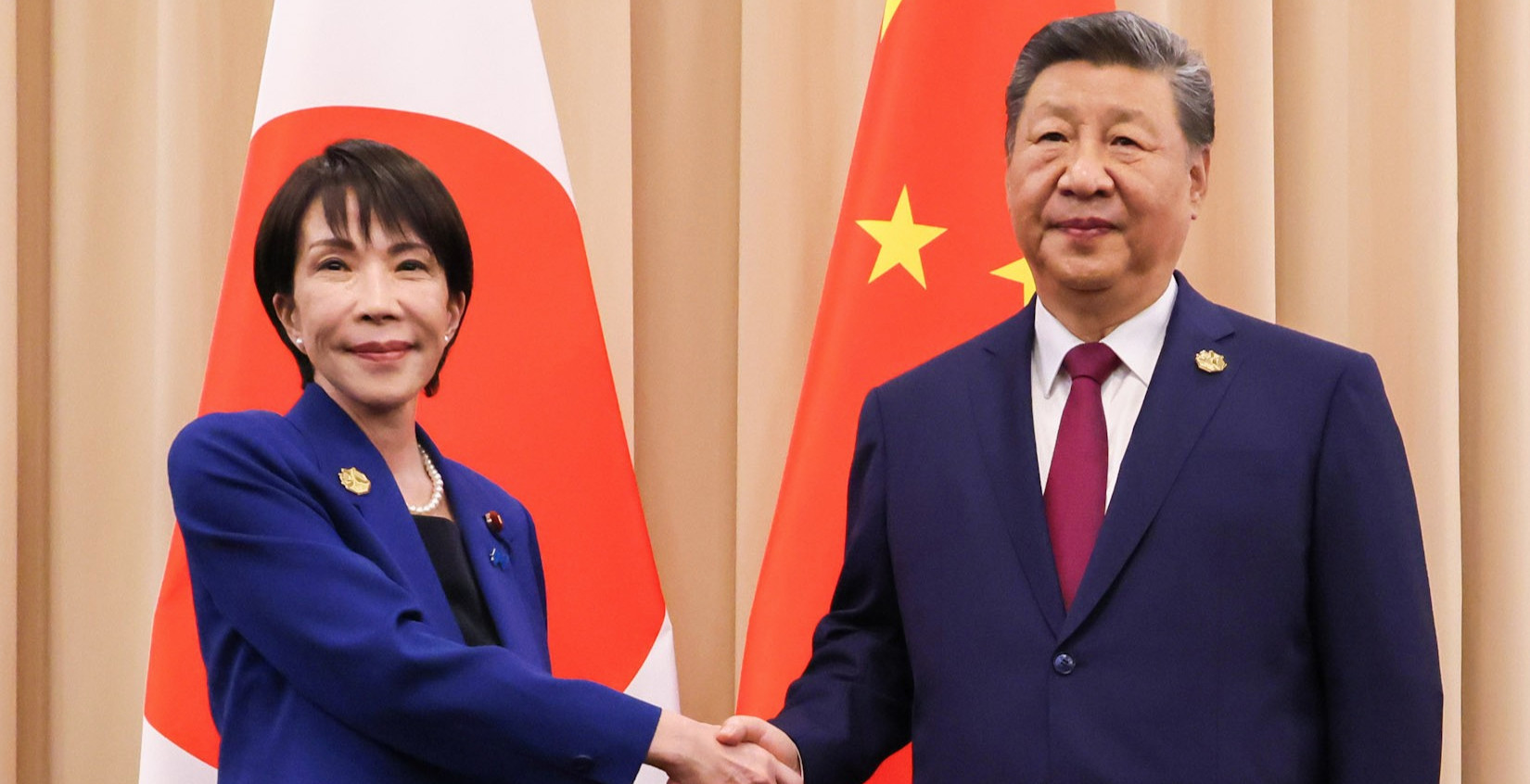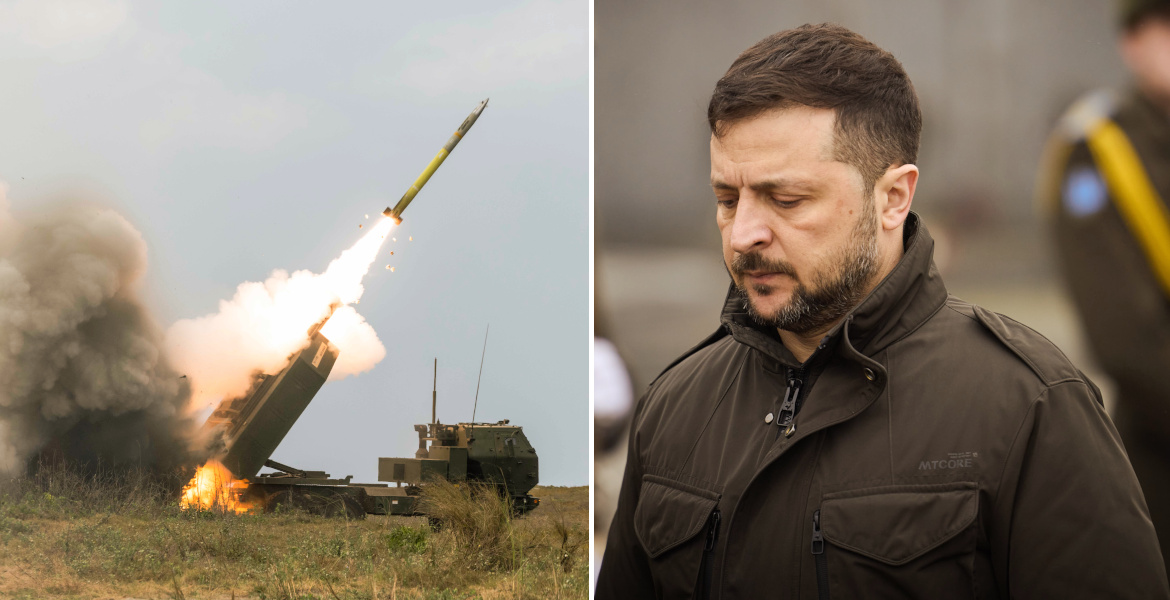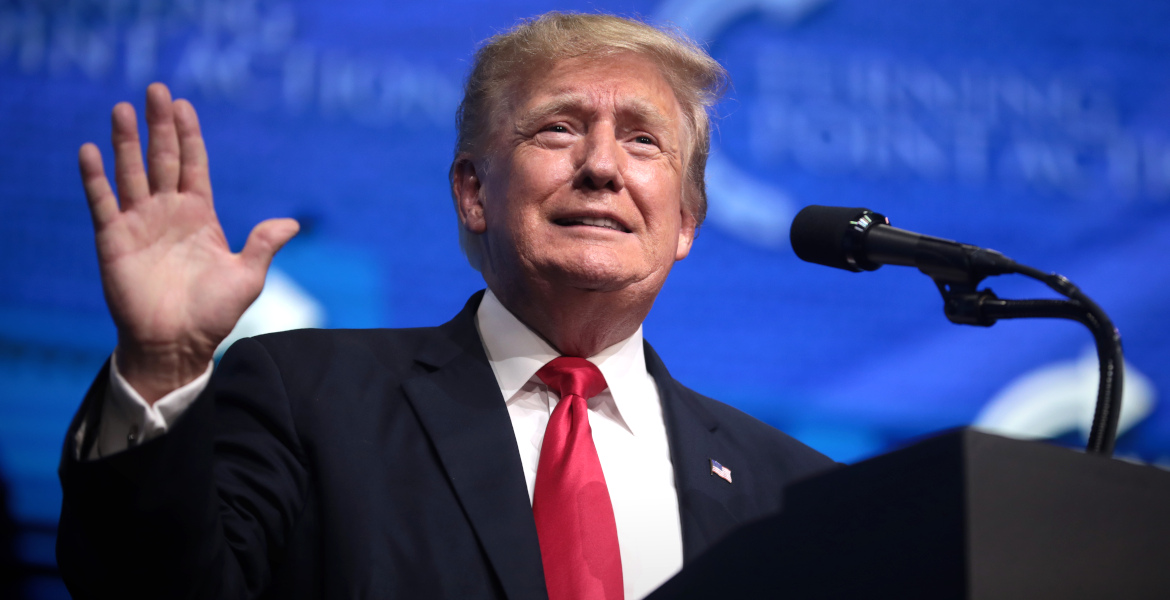Marjorie Taylor Greene, formerly one of Donald Trump's most loyal allies in Congress, announced on Friday that she is resigning from the House of Representatives. She said she refused to be "a battered wife hoping everything goes away and gets better" and face a primary campaign against a Trump-backed challenger.
The resignation marks a dramatic turn for the Republican congresswoman from Georgia, who was once among Trump's closest allies and a vocal advocate for his "America First" agenda. The relationship between the two has deteriorated sharply in recent months, primarily due to disagreements over the release of investigation documents linked to American-Jewish sex offender Jeffrey Epstein.
In a ten-minute video on social media, Greene explained that the decision to resign was due to the prospect of facing a Trump-backed Republican challenger in the primary and the risk of Democrats taking over the House of Representatives in next year's midterm elections. She also complained that Congress has largely been "sidelined" since Trump returned to the presidency in January.
— I have too much self-respect and dignity, love my family way too much, and don't want my sweet district to have to endure a hurtful and hateful primary against me from the president we all fought for, only to then fight and win my election while Republicans likely lose the midterms, Greene said.
— I refuse to be a ‘battered wife’ hoping it all goes away and gets better, she added.
Trump's reaction and internal concerns
In an interview with ABC News, Trump called Greene's resignation, which takes effect on January 5, "fantastic news for the country".
The conflict between Trump and Greene has raised concerns among some Republicans that Trump's "Make America Great Again" base could split ahead of the midterm elections, when Democrats hope to regain control of Congress.
Greene's resignation will reduce the Republican majority in the House of Representatives to 218 members versus the Democrats' 213. In the Senate, Republicans hold a 53-47 majority.
Growing independence from Trump
Recently, Greene has shown increased independence from Trump. She joined an initiative in the House of Representatives to force the release of Epstein documents despite Trump's objections, criticized party leadership for poor handling of healthcare costs during the recent government crisis, has demanded that the US stop sending American taxpayer money to the Ukraine war, and called Israel's attacks on Gaza genocide.
Trump, in turn, became increasingly critical. Before the House voted overwhelmingly to release the Epstein documents, he called her a "traitor" and "disgrace" to the Republican Party. He withdrew his support and called her a "ranting lunatic".
In her video, Greene defended her Epstein vote.
— Standing up for American women who were raped at 14, trafficked and used by rich powerful men, should not result in me being called a traitor and threatened by the President of the United States, whom I fought for, she said.
Greene said she was proud of her conservative voting record and added, in a jab at Trump, that "loyalty should be a two-way street".
Greene won her district in northwestern Georgia with 64 percent of the vote in 2024.





